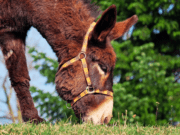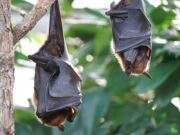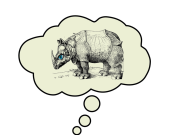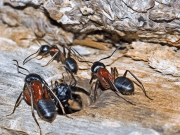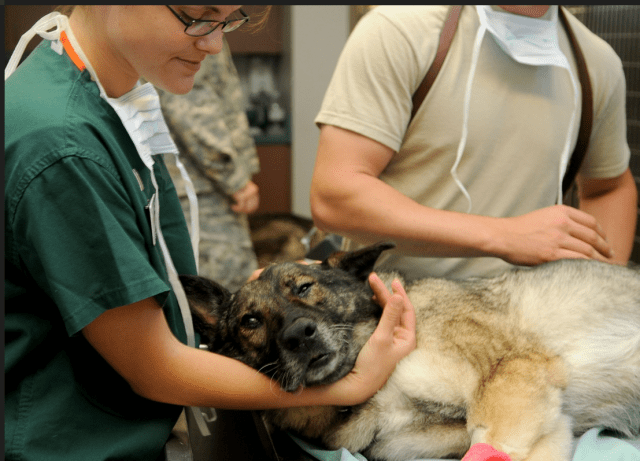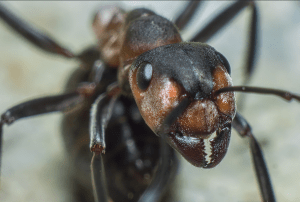Courses in Animal Psychology
Animal mental and behavioral processes are often covered in depth in animal psychology and animal behavior courses. A program in animal psychology might provide a variety of courses, for instance:
1. Animal Cognition: The cognitive capacities of animals, such as perception, attention, memory, and problem-solving, are covered in this course.
2. Animal Learning and Training: The main topics covered in this course are how animals learn and how to train and adjust behavior using this knowledge.
3. Animal Communication: This course examines the different ways that animals interact with one another and with people, including vocalization, body language, and chemical signaling.
4. Behavioral Ecology: This course explores how animal behavior and the environment interact, as well as how natural selection and the path of evolution have shaped behavior.
5. Animal Development: This course examines how genetics and environmental factors affect the physical and behavioral development of animals.
6. Applied Animal Behavior: In this course, you’ll learn about the practical applications of animal psychology, such as how to train pets and manage wildlife.
7. Evolution of Behavior and Cognition: In this course, you’ll learn about how various animal species’ cognitive and behavioral capacities have evolved.
8. Animal Welfare: The ethical and welfare issues relating to the handling and usage of animals in research, captivity, and the wild are covered in this course.
9. Research Methods in Animal Psychology: This course offers a general introduction to the research techniques used to examine animal behavior, including observations, experiments, and the application of various measurement equipment and technologies.
Careers in animal psychology
For those with a degree in animal psychology or animal behavior, there are several job options. The following are some examples of job titles and duties in this industry:
1. Animal behaviorist: Animal behaviorists research animal behavior and apply their findings to issues about animal care, training, and behavior modification. They might work with a range of animal species, such as wild animals, zoo animals, and domestic pets.
2. Animal Trainer: For a range of goals, such as entertainment, rehabilitation, research, and conservation, animal trainers teach animals new behaviors or alter current ones. In research labs, zoos, animal shelters, and government organizations might work with a range of animal species, such as dogs, horses, dolphins, and birds.
3. Wildlife biologist: These experts research the ecology, behavior, and conservation of wild animals. They might work in a range of places, including research facilities, zoos, facilities for rehabilitating wild animals, and conservation organizations.
4. Ethologist: Ethologists research animal behavior in its natural habitats. They might study animal cognition, social behavior, and communication to better understand how to enhance animal welfare and conservation initiatives.
5. Animal Welfare Scientist: Animal welfare scientists conduct studies on the physical and mental health of animals and utilize their findings to create and put into practice laws and procedures that advance animal welfare. They might work in a range of places, such as government organizations, zoos, animal shelters, and research institutes.
6. Animal Rehabilitation Specialist: Animal Rehabilitation Specialists help injured, ill, or traumatized animals rehabilitate and return to their natural habitats using a variety of ways. They might work in zoos, rehabilitation institutions for wildlife, or other facilities for caring for animals.
7. Animal Psychologist: Animal psychologists research how animals think and apply their findings to comprehend and influence animal behavior. They might work with a range of animal species, such as wild animals, zoo animals, and domestic pets.
8. Animal research scientist: Animal research scientists undertake studies and tests on animal biology and behavior, using the information gained to produce novel goods or therapies. They could be employed by universities, research labs, or other organizations.
It is crucial to keep in mind that a bachelor’s degree in animal psychology or animal behavior may not be sufficient for all of these occupations.
Animal psychology salaries
Depending on aspects including degree level, job title, and location, a career in animal psychology or animal behavior might pay significantly different amounts of money. The United States Bureau of Labor Statistics (BLS) reports that in May 2020, the median yearly salary for animal trainers was $30,530. In May 2020, the median yearly salary for zoologists and wildlife biologists was $63,270.
Depending on their level of schooling and professional responsibilities, animal behaviorists, animal psychologists, and animal research scientists may earn greater incomes. According to information from the salary comparison website PayScale, animal behaviorists with a bachelor’s degree can expect to make an annual salary of $47,000, while those with a master’s degree may get an annual salary of $60,000. Those holding a doctorate may make up to $75,000 per year on average.
It’s crucial to remember that these numbers are only estimations and shouldn’t be treated as absolutes. Actual pay may differ depending on the region, employer, and details of the employment. To gain a more realistic picture of what you can make in a given field, it is always a good idea to investigate salary data for specific job titles and areas.
kindly subscribe and like our youtube channel







